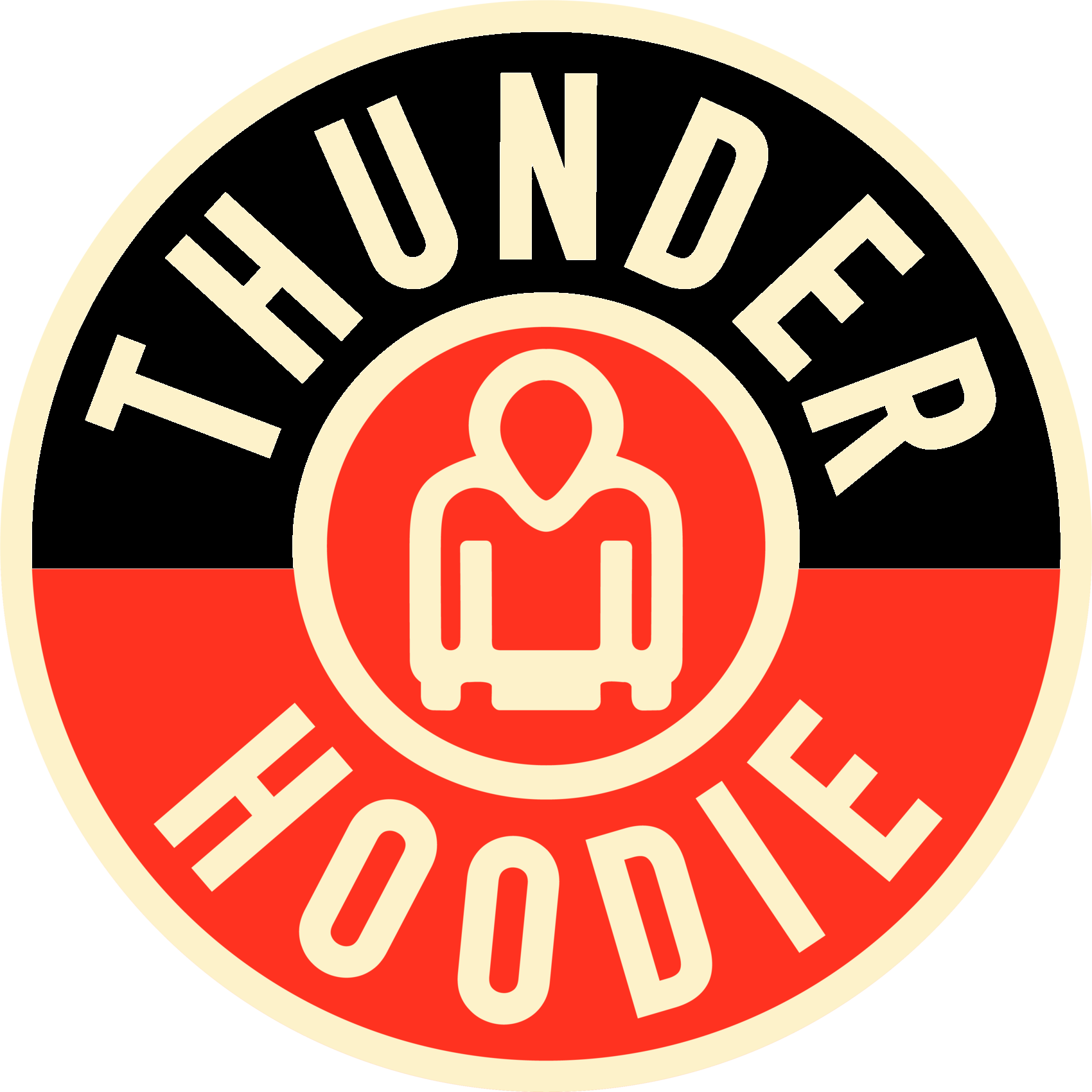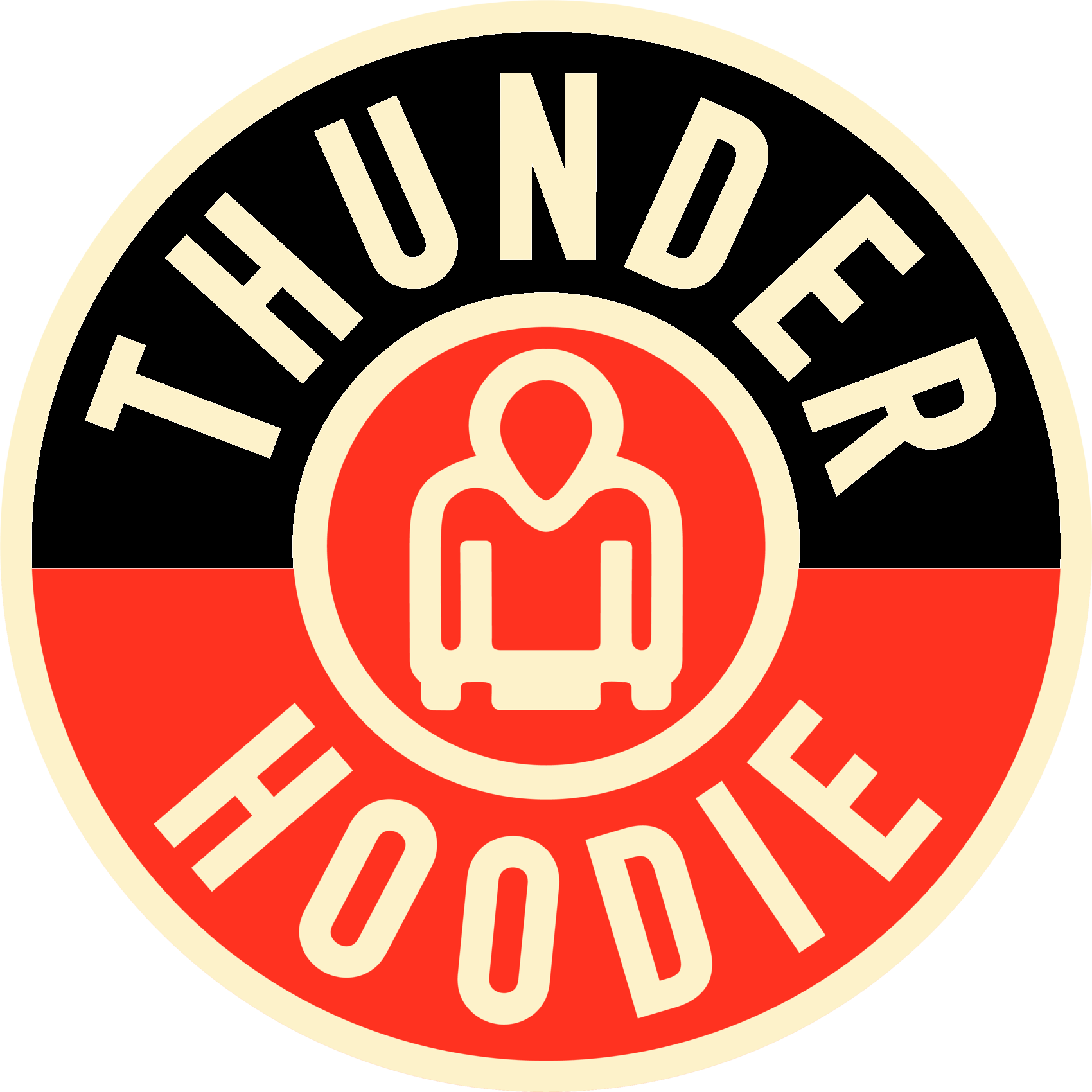Global Neodymium-based Butadiene Rubber (NdBR) Market Poised for Sustainable Growth Amid Rising Demand from Tire and Automotive Industries
The Neodymium-based Butadiene Rubber (NdBR) Market is gaining significant traction globally as industries seek high-performance synthetic rubbers with superior resilience, low rolling resistance, and improved abrasion resistance. With growing environmental concerns and increasing demand for fuel-efficient tires, NdBR has emerged as a material of choice in the automotive and tire manufacturing sectors.
According to recent insights from Dataintelo, NdBR is increasingly favored for its enhanced elasticity and performance characteristics, especially in high-speed applications. As electric vehicles and sustainability targets reshape industrial priorities, NdBR's role in enabling low-carbon mobility is expected to intensify over the forecast period.
The global market for Neodymium-based Butadiene Rubber (NdBR) is projected to experience steady growth, with a notable CAGR driven by tire manufacturing, footwear, and industrial rubber goods. Rising adoption in emerging economies, alongside innovation in rubber compounding, is expanding application possibilities across diverse end-use industries.
Key Drivers Accelerating NdBR Market Growth
-
Automotive Sector Expansion: Rapid growth in vehicle production, especially electric vehicles (EVs), is increasing the demand for high-performance, durable tires made with NdBR.
-
Sustainability Regulations: Strict CO₂ emission standards and fuel economy mandates are pushing manufacturers toward low rolling resistance materials like NdBR.
-
Superior Mechanical Properties: NdBR offers enhanced resistance to wear and tear, heat, and aging compared to conventional butadiene rubbers, making it ideal for demanding applications.
Request a Sample Report:
https://dataintelo.com/request-sample/14802
Market Restraints and Challenges
Despite strong growth potential, the market faces several barriers that may impact its expansion trajectory:
-
Price Volatility of Raw Materials: Fluctuations in butadiene and neodymium prices can impact overall production costs.
-
Availability of Alternatives: Other synthetic rubbers such as lithium-based or cobalt-based variants may present cost-effective alternatives in certain applications.
-
Technical Complexity: The production of NdBR requires precision catalysts and advanced technology, which may limit adoption in small-scale or underdeveloped regions.
These restraints highlight the importance of technological innovation and supply chain optimization to maintain competitiveness in the NdBR industry.
Emerging Opportunities Across Global Markets
As sustainability and performance converge as key product requirements, new avenues are opening up for NdBR across sectors:
-
Electric Vehicle Tires: EVs demand tires with minimal energy loss and superior grip, presenting a high-growth opportunity for NdBR.
-
Green Manufacturing: Advancements in eco-friendly rubber synthesis and closed-loop recycling processes are supporting the use of NdBR in sustainable applications.
-
Industrial and Construction Applications: Growing infrastructure development is increasing demand for durable rubber goods in belts, hoses, and seals.
View Full Report:
https://dataintelo.com/report/neodymium-based-butadiene-rubber-ndbr-market
Market Dynamics and Global Insights
The Neodymium-based Butadiene Rubber (NdBR) Market is expected to register a CAGR of over 6.5% from 2024 to 2032. Demand is being fueled not just by traditional automotive markets but also by newer applications like medical gloves, vibration dampers, and sports equipment.
Regional Highlights:
-
Asia-Pacific: Dominates global consumption due to robust tire manufacturing and automotive production in countries like China and India.
-
Europe: Focus on green mobility and advanced manufacturing technologies support stable demand growth.
-
North America: Investment in EV infrastructure and manufacturing contributes to the regional expansion of NdBR applications.
Noteworthy Trends:
-
Shift toward bio-based rubber production to enhance environmental compliance.
-
Increased focus on supply chain diversification post-pandemic to ensure raw material stability.
-
Rise of automated rubber processing lines to improve quality and throughput.
Application Segmentation
NdBR is predominantly used in high-performance tires but is expanding into other sectors due to its versatile properties:
Primary Applications Include:
-
Passenger car and truck tires
-
Conveyor belts and industrial hoses
-
Footwear soles and sports accessories
-
Sealing systems and vibration isolators
The tire manufacturing segment remains the largest revenue contributor, accounting for over 70% of the total NdBR consumption. This trend is expected to persist as demand for low rolling resistance and high-durability tires surges globally.
Check Out the Report:
https://dataintelo.com/checkout/14802
Sustainability and Innovation as Growth Catalysts
As environmental regulations tighten and consumer expectations shift toward greener alternatives, NdBR is being reformulated and processed through cleaner, more sustainable pathways. Researchers and manufacturers are exploring:
-
Low-VOC formulations
-
Energy-efficient polymerization processes
-
Enhanced catalyst systems for higher yield and consistency
These innovations not only help reduce the carbon footprint of NdBR production but also enhance its functional properties, making it a preferred material in high-demand applications.
Strategic Insights and Investment Landscape
The market is witnessing heightened interest from institutional investors and research institutions focusing on advanced synthetic rubber materials. Funding is being directed toward pilot plants, next-generation catalyst systems, and collaborative ventures aimed at optimizing the supply-demand dynamics of NdBR.
While the production of NdBR is capital-intensive, long-term return on investment is promising, especially for players involved in green tire technologies, EV components, and sustainable rubber goods. Government incentives in key markets further sweeten the investment proposition.
Conclusion
The Neodymium-based Butadiene Rubber (NdBR) Market is positioned for steady, innovation-led growth driven by the dual imperatives of performance and sustainability. Its application scope is widening, propelled by strong demand in tire manufacturing, growing emphasis on eco-friendly materials, and technological advancements in rubber compounding.
As industries continue to prioritize energy efficiency and high mechanical performance, NdBR will remain a cornerstone of modern synthetic rubber applications. Businesses, researchers, and investors should closely monitor this market for its evolving trends, untapped regional opportunities, and sustainable growth potential.
- Art
- Causes
- Crafts
- Dance
- Drinks
- Film
- Fitness
- Food
- Παιχνίδια
- Gardening
- Health
- Κεντρική Σελίδα
- Literature
- Music
- Networking
- άλλο
- Party
- Religion
- Shopping
- Sports
- Theater
- Wellness


